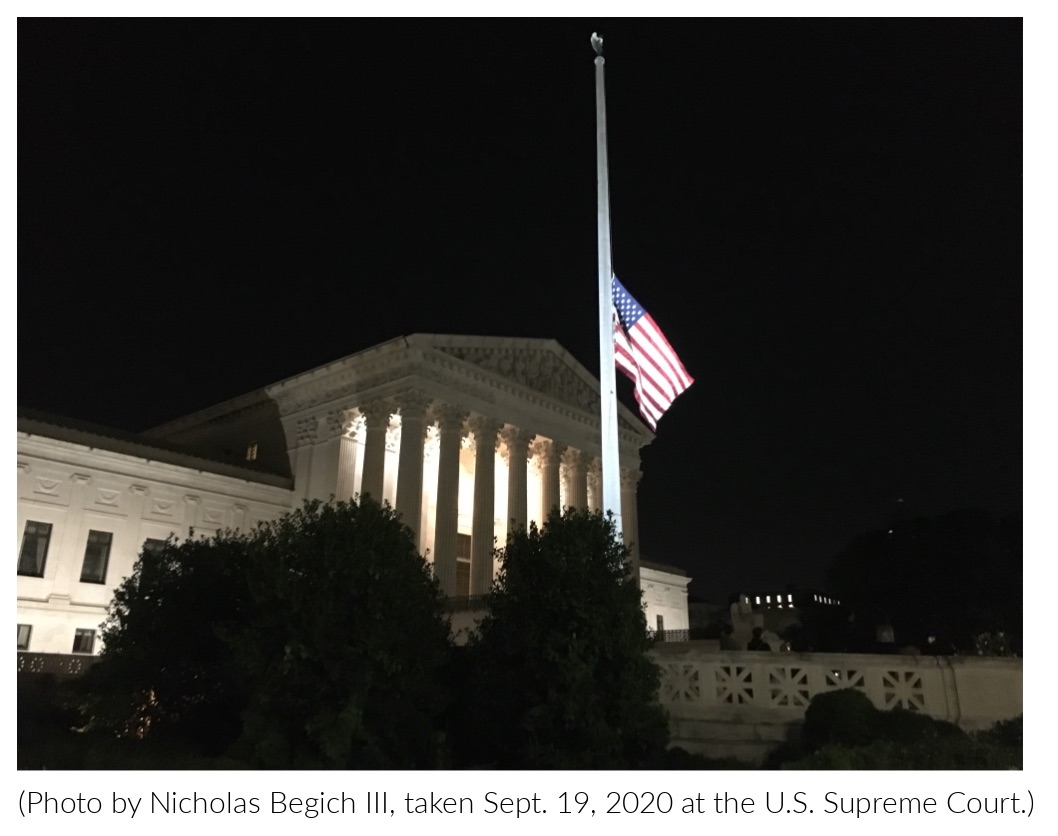Monday’s Supreme Court calendar shows the court will hear the matter of Missouri vs. social media companies and the federal government. The case is currently known as Vivek H. Murthy, U.S. Surgeon General, et al. vs. Missouri, et al.
The case involves a Biden Administration appeal of a Fifth Circuit Court ruling that would put sideboards on the federal government’s ability to pressure or scare social media companies into cracking down on content and comment moderation on topics the federal government doesn’t like — such as Covid doctrine questioning.
There are several plaintiffs in the lawsuit. They include doctors, epidemiologists, academics, and social media users. They say that federal agencies and officials censored conservative-leaning speech during the 2020 presidential election, and when it came to topics such as the origins of the Covid-19 virus, whether masks and Covid vaccines are effective, and whether elections were held fairly.
The lawsuit was first filed in May 2022 in federal court in Louisiana by Republican attorneys general from Missouri and Louisiana. The plaintiffs say their social media posts on Facebook, YouTube, and X/Twitter were removed or hidden from view at the direction of the government, particularly when it came to posts related to Covid and the 2020 election.
Missouri and Louisiana attorneys general say residents of their states were harmed by the coordination of federal government and social media platforms in a censorship campaign.
The plaintiffs say the government threatened regulatory action, such as using the Section 230 of the Communications Decency Act, to pressure social media companies into suppressing speech the government did not agree with.
Last year, the U.S. District Court for the Western District of Louisiana granted a nationwide preliminary injunction that stops the federal government from meeting with social media companies or working in other ways to influence their content policies.
The U.S. Supreme Court granted the federal government’s motion for an emergency stay, and granted certiorari to review the case on the merits.
Twenty-two Democrat states have filed friend-of-the-court briefs in favor of federal censorship. They include New York, where Attorney General Letitia James leads the states that also include Arizona, California, Colorado, Connecticut, Delaware, Hawaii, Illinois, Maine, Maryland, Massachusetts, Michigan, Minnesota, Nevada, New Jersey, New Mexico, Oregon, Pennsylvania, Rhode Island, Vermont, Washington, Wisconsin, and the District of Columbia.
The Biden Administration argue that the appeals court has “imposed unprecedented limits on the ability of the President’s closest aides to speak about matters of public concern, on the FBI’s ability to address threats to the Nation’s security, and on CDC’s ability to relay public-health information.”
Missouri and Louisiana argue that the federal government “can speak freely on any topic it chooses, but it cannot pressure and coerce private companies to censor ordinary Americans.”

Watching.
They did.
Comments are closed.